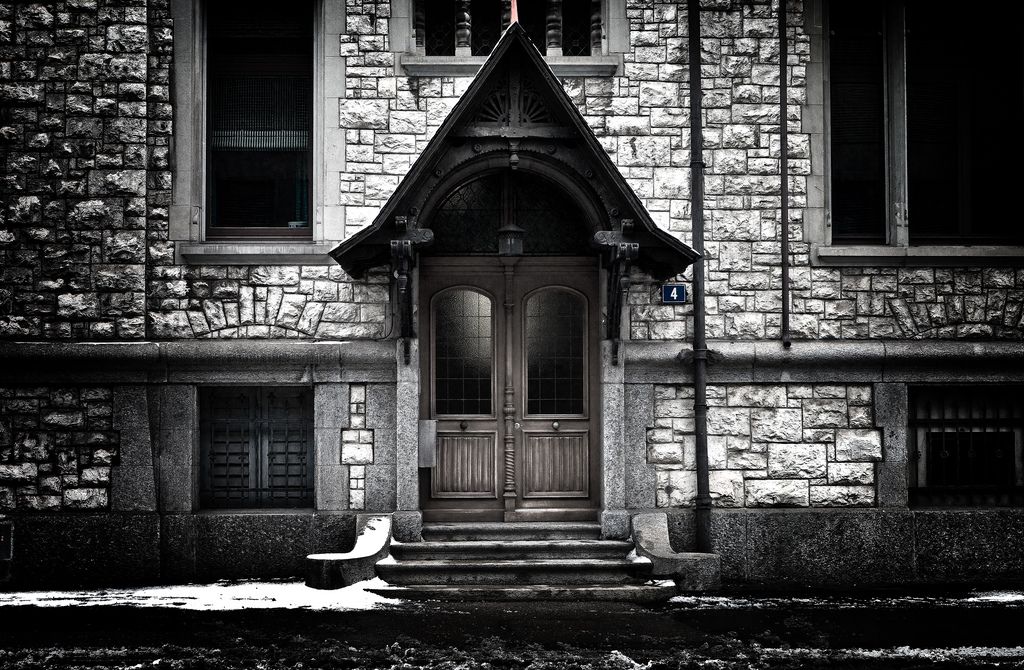
I am on an on-going rant about housing prices (take me out to lunch and I will rant gratis). Today again, we have an article in the New York Times talking about a housing "glut" in Brooklyn, due to the construction of thousands of new units in Flatbush.
Glut is a political word. It means that there is too much of a resource, and implies that the price of the good will eventually be priced below the suppliers cost. A glut in the oil market means prices are "artificially" low — even though such prices are clearly good for nearly every consumer in the country.
Maybe that language makes sense in the oil markets where oil companies, particularly those who frack in the Dakotas, are legitimately underwater and financially unsustainable.
But what does a glut of housing mean? Rents aren't coming down — there is actually more than enough demand to fill these units at existing rental prices. From the article: "Developers and consultants are not predicting that rents will plunge, but they do expect them to stagnate and perhaps ease in the short term." (emphasis mine)
So it's not really a glut, is it?
Also from the article:
“The market is saturated,” said Sofia Estevez, executive vice president at the developer TF Cornerstone, which will begin offering apartments in a 25-story, 714-unit rental building at 33 Bond Street next spring. “I think it’ll take a couple years to stabilize.”
Isn't rent stagnation the definition of "stabilize." In fact, doesn't stability make it far easier to model the capitalization rate for an apartment building and therefore makes it easier to plan for development?
Also, I will complain that "free rent" in the form of free months of rent is not really free, given that the lease is still going to be written at the standard rent rate. The longer you stay in an apartment, the less that free period has meaning, since it depreciates over more months. If you stay at a $3,500/month apartment for five years and let's say have three months of free rent, the effective rent is $3,325. A small discount, sure, but hardly an interesting one.
Where this conversation merges into sex is that a friend was talking to me about the difficulties of finding places to have sex, given that the vast majority of people in their 20s don't actually have their own place (roommates and other shared living situations make this somewhat difficult).
That's also an issue in much of Asia, where people often live at home with family until marriage. In many Asian cities, there is an infrastructure of "love motels" that are cheap, plentiful, and available by the hour to handle these sorts of situations. American cities really don't have that same infrastructure, even in places like New York or San Francisco.
So there is an interesting wealth/income inequality when it comes to housing availability and sex. The ability to lease or buy a studio or one-bedroom without roommates provides infrastructure to facilitate matchmaking. If you are an artist with four roommates, you have to constantly negotiate environments to make the love happen.
Maybe this housing inequality/love thing has been written about a lot – I am not doing a literature search. But it was an interesting observation on how housing availability influences social relations in a way I hadn't thought about before.
Photo by gato-gato-gato used under Creative Commons.